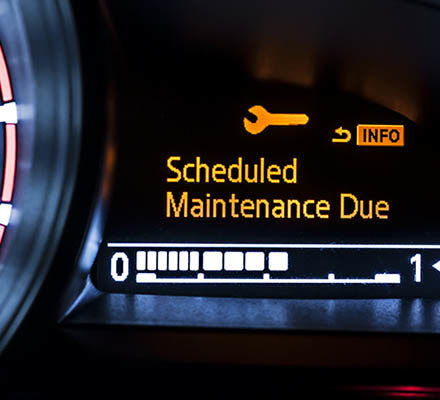Learning Zone
8 fleet management best practices
When it comes to effective fleet management, best practices can make a real difference.
They can lead to lower costs, revenue growth, employee satisfaction and enhanced customer service…

…but what fleet management best practices are most effective, and where should you start?
Here are eight steps to consider:
Set goals
Establishing goals and monitoring progress towards them is a must. Perhaps more importantly, these goals should be well defined and well communicated throughout your business.
Striving for a common set of objectives will also help to unite your team, and communicating these goals – whether to directors, senior management or the rest of the workforce – is critical for success.
Within your fleet operation, typical goals and objectives might include – but should not be limited to:
- Improving vehicle utilization
- Lowering fuel consumption and costs
- Optimizing fleet maintenance and repair programs
- Enhancing safety for employees, customers and other motorists
- Automating compliance
Implement an asset management plan
By implementing an asset management plan, you open up a dialogue between key stakeholders in your organization – and communication is key!
Ultimately, making this type of information accessible to all participants in the decision-making process leads to a better understanding of trade-offs and return on investment.
With targeted analyses, an asset management plan can address current performance and lead to accurate and realistic performance goals.
Be accessible
As a fleet manger you are at the forefront of any successful vehicle and equipment program. Your knowledge helps to keep track of trends and issues that both clients and internal departments might need to address.
For that reason, your availability is essential for meeting fleet management objectives.
Choose the right fleet vehicles
Another important issue to address relates to choosing the company’s fleet vehicles. Depending on the industry you serve, procuring equipment that meets operational needs should be at the top of your checklist.
Vehicle reliability is also a crucial consideration. From determining the most cost-effective vehicle replacement cycles to meeting maintenance requirements, remarketing and disposal options, the choices you make can determine the success or failure of your fleet management programs.
Think about drivers
This may seem like an issue for your HR department, but considering driver credentials goes hand-in-hand with effective fleet deployment. For example, if your equipment requires special skills or training, the recruitment process becomes a critical part of meeting those needs.
Employing the right drivers with the right skills will lead to measurable benefits, and drivers with relevant operational knowledge will help to reduce costs for unnecessary repairs and cut fuel usage and CO2 emissions by driving economically, it’s equally important to train drivers within your fleet who fall short in any required areas.
Over time, these savings all add up!
Focus on control
When it comes to Fleet Management, cost control is key. Without an understanding of operational and life-cycle costs – from the initial purchase of an asset through its resale – it is impossible to identify strengths and weaknesses within your operation.
In many ways, fleet management and finance management are one in the same. With an effective approach to vehicle and equipment acquisition, maintenance, fuel, driver and other associated costs, you can make informed, cost-conscious decisions.
Spend wisely
Optimizing the use of available capital is a critical fleet management component. Whether vehicles and equipment are purchased, leased or rented, financing rates, prices, incentives and taxes all need to be taken into account.
An effective capital spending plan should be based on your understanding of trade-offs and return on investment. It also requires knowledge about available resources, fixed or flexible strategies, projected maintenance, operating costs, resale values, changing future business and operational needs.
Invest in fleet management software
Effective fleet management is the result of a comprehensive, integrated approach to problem solving, allowing managers to make fact-based decisions. Today, the use of advanced technology makes it possible to utilize meaningful fleet intelligence to improve operational efficiency.
Advanced fleet management software systems will allow you to home in on key variables associated with your fleet in order to optimize fleet-related processes, including the usage, performance and cost of an asset across its entire life-cycle.
With an effective approach to fleet and asset management, it is possible to continually improve efficiency and productivity, lower costs, enhance employee and customer satisfaction and drive revenue growth and profitability.






